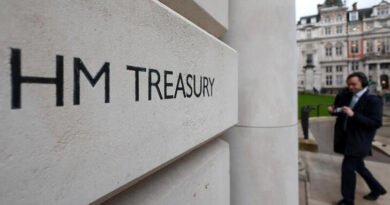Critics Argue Labor’s Student Loan Relief Plan Will Place Strain on Taxpayers and Increase Inflation
Economist criticizes the Albanese government’s plan to reduce student debt by 20%, citing lack of incentives and potential dampening effect on early repayments. However, Universities Australia hails it as a significant victory for the country.
The proposal to slash student debt by the Albanese government has sparked controversy, with opposition parties and some economists arguing that it might burden taxpayers unfairly and lead to inflation.
Comparing it to promises made by former Queensland Premier Steven Miles before an election, Liberal frontbencher Paul Fletcher denounced the plan as “deeply unfair.”
Senator Jane Hume echoed these concerns, stating that the debt write-off signaled a lack of commitment to controlling inflation.
Experts and Economists Weigh In
Leading economist Chris Richardson criticized the move as inequitable and questioned its impact on future incentives for education and work.
On the other hand, Luke Sheehy, Chief Executive of Universities Australia, praised the policy as a boon for Australians with HELP debt, hoping it would encourage more people to pursue higher education.
Prime Minister Anthony Albanese defended the plan, emphasizing transparency in budgetary matters and highlighting the personal impact it would have on millions of Australians with student debt.
Education Minister Jason Clare and Skills and Training Minister Andrew Giles also stood by the proposal, portraying it as essential support for financially struggling young Australians without significant inflationary consequences.



